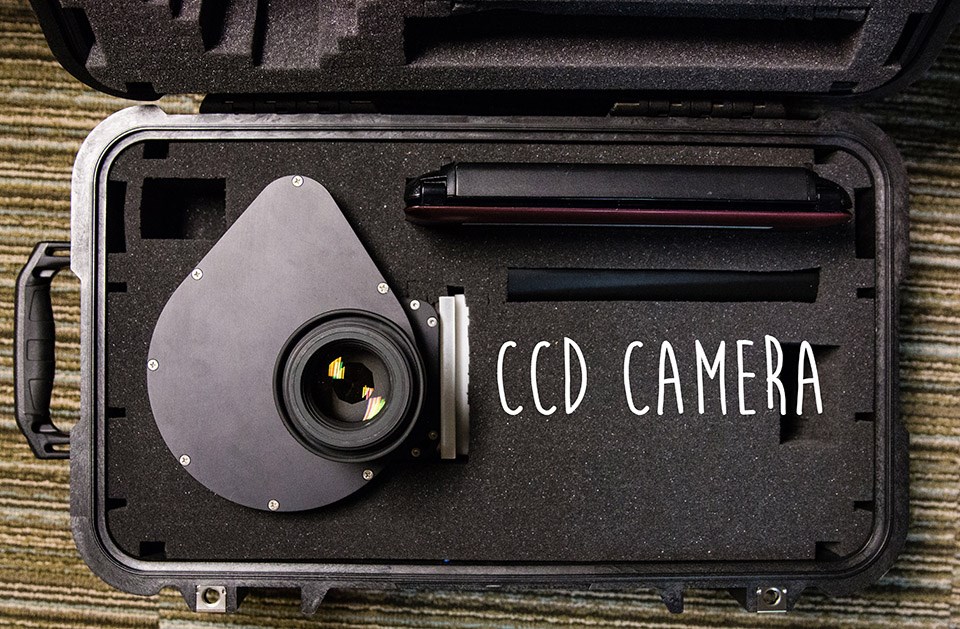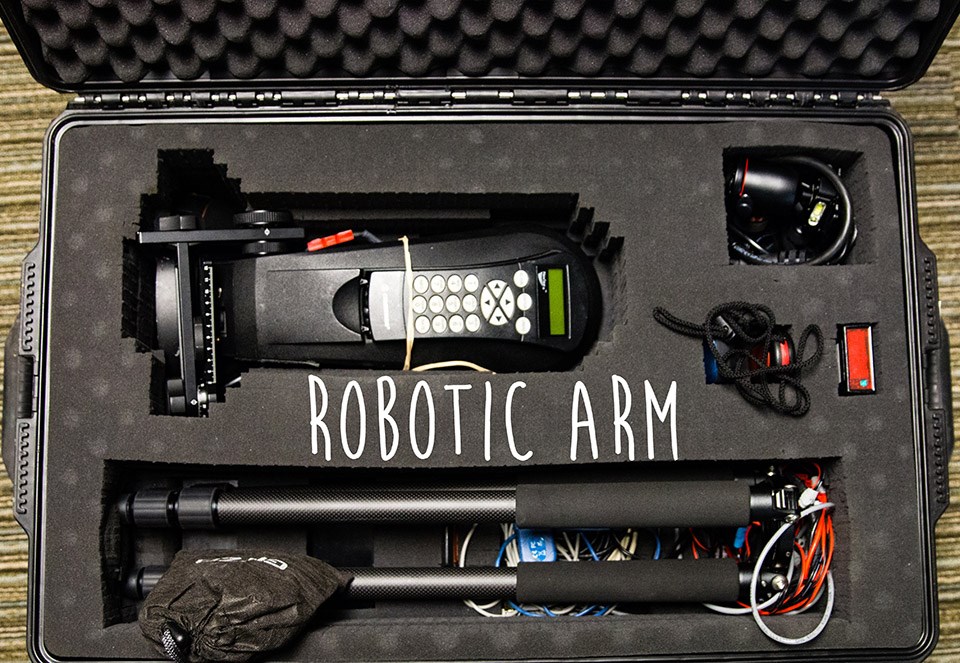Last updated: June 26, 2020
Article
#Sciencedeskdigs: Camera

NPS Photo/ M.Reed
What is it?
This is a charged-couple device (CCD) camera. The camera is essentially a sensor that detects light. It is mounted to a commercial lens and filter wheel with 2 filters— a B (blue) and V (visual) filter. The V filter is used to show what humans can see since the camera can pick up more wavelengths of light than the human eye. The blue filter is used to detect blue photons that are in the sky. We care about measuring blue photons because they are most harmful to our dark adapted night vision.

NPS Photo/M.Reed
I used to study planets outside of our solar system and have always been fascinated by space. I am very happy to work for the park service and use a lot of skills I learned while studying astronomy. I feel like my work has an immediate application and impact that helps wildlife, parks, and visitors.

NPS Photo/M.Reed
